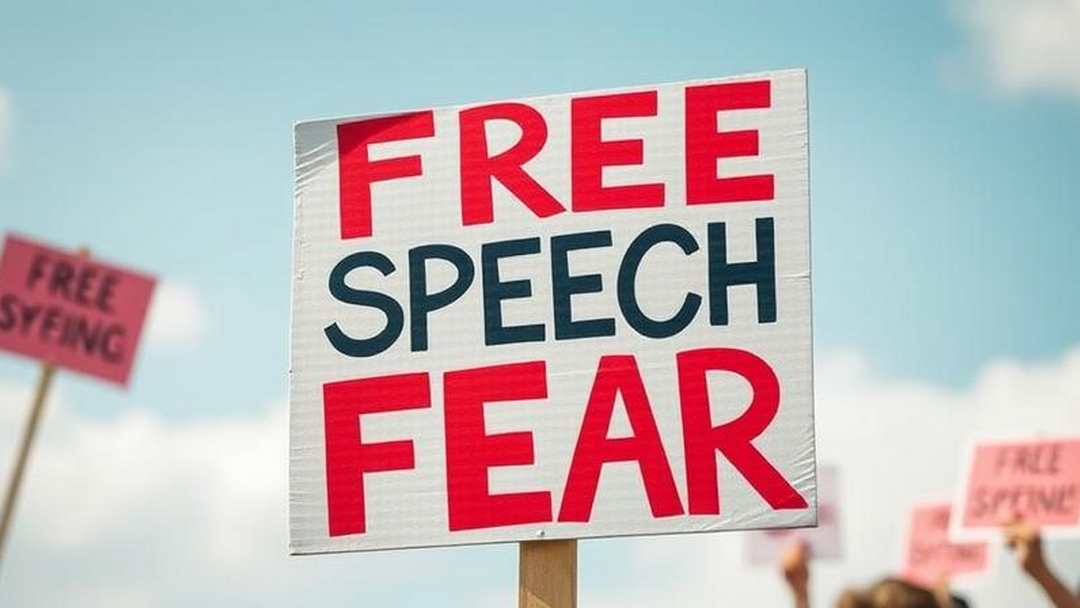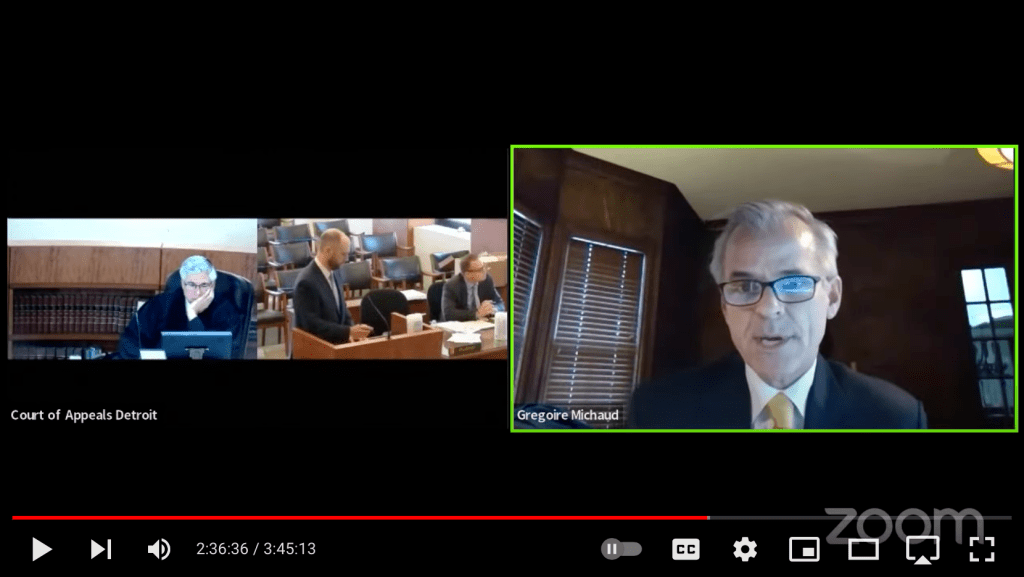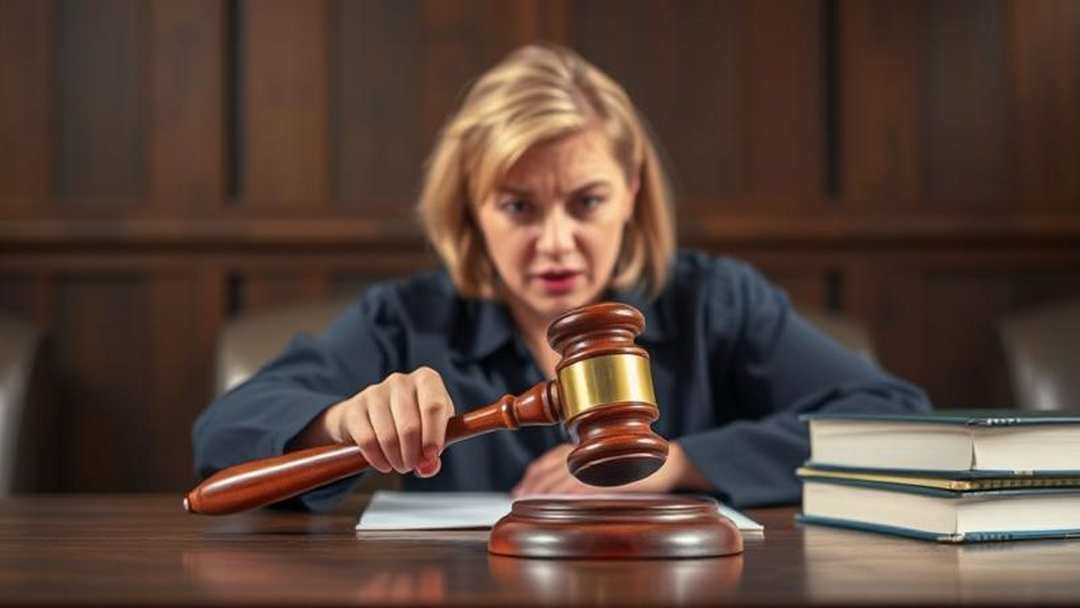Michigan Criminal Laws FAQs Drunk and DisorderlyAccording to Michigan State Law (Michigan Compiled Laws - MCL), there...

Michigan Supreme Court Vacates Court of Appeals Ruling of State Anti-Terror Statute
Michigan Supreme Court Vacates Court of Appeals Ruling, Temporarily Preserves State Anti-Terror Statute
If you are charged with a crime you’re part of the State of Michigan family now. Call us – Because you don’t want to be a part of that family.
Komorn Law (248) 357-2550
March 28, 2025 -The Michigan Supreme Court vacated a ruling from the Michigan Court of Appeals that declared the state’s anti-terrorism statute unconstitutional, announced Michigan Attorney General Dana Nessel. Today’s ruling preserves the 2002 statute, which criminalizes threats and false threats of terrorism, and orders the Court of Appeals (COA) to reconsider their ruling under specific questions and considerations from the state Supreme Court.
Earlier this month Attorney General Nessel filed an amicus brief (PDF) at the Michigan Supreme Court in support of the emergency application filed by the Wayne County Prosecutor to preserve the law.
Today’s order from the Michigan Supreme Court (PDF) vacated the COA’s judgment, keeping the judgment from affecting current criminal cases, and remanded the case to that Court for further consideration. Specifically, the Court instructed the COA to assess its judgment in light of MCL 750.543z and the Constitutional-Doubt canon. The COA is also ordered to address whether imposing a limiting construction would remedy any constitutional deficiency, what the limiting construction should accomplish, and whether the Wayne County Circuit Court abused its discretion in dismissing the case.
“The anti-terrorism law is a vital tool for holding accountable those who make serious threats in our state,” Nessel said. “While the case has been remanded for further consideration, I am hopeful that this decision brings us closer to correctly reaffirming the law’s constitutionality and preserving the ability of prosecutors across Michigan to protect public safety.”
The Court of Appeals had ruled in March that the statute in question is unconstitutional because it does not require proof that the defendant subjectively understood the threatening nature of the statements or acted recklessly when making them. Attorney General Nessel argued to the Michigan Supreme Court in her amicus brief that the Court of Appeals’ decision is clearly erroneous, as prosecutors are already required through the statute to prove charged defendants intended to intimidate or coerce a civilian population or sought to influence or affect government conduct through intimidation or coercion.
More Articles

Criminal Law FAQs – Drunk and Disorderly
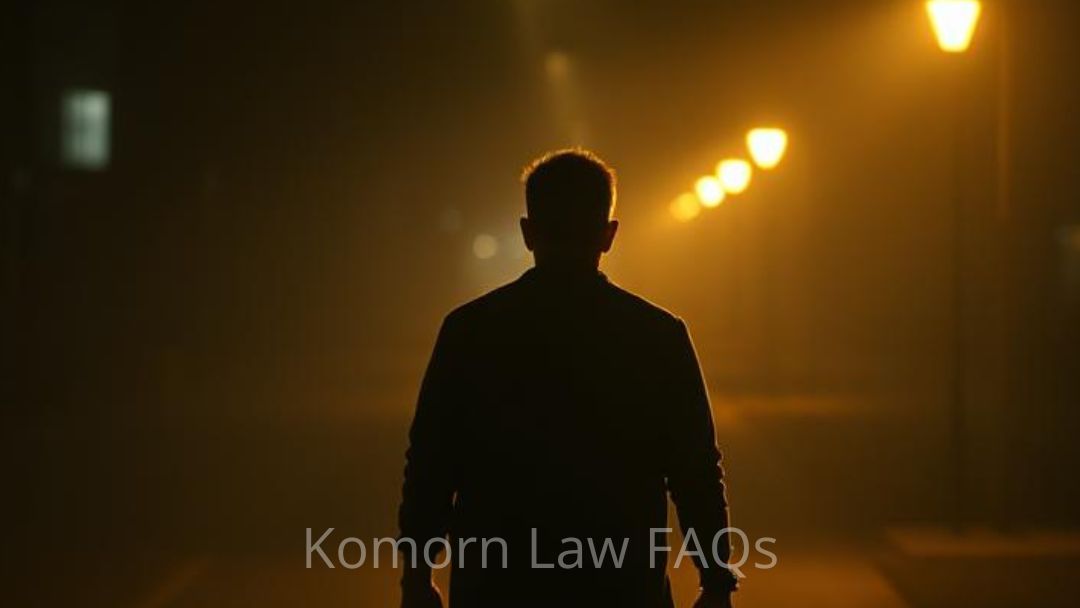
Criminal Law FAQs – Drinking Alcohol or Smoking Marijuana and Driving
Michigan Criminal Laws FAQs Operating a Motor Vehicle Under The InfluenceWalking is cool... For fun and excercise. Not...
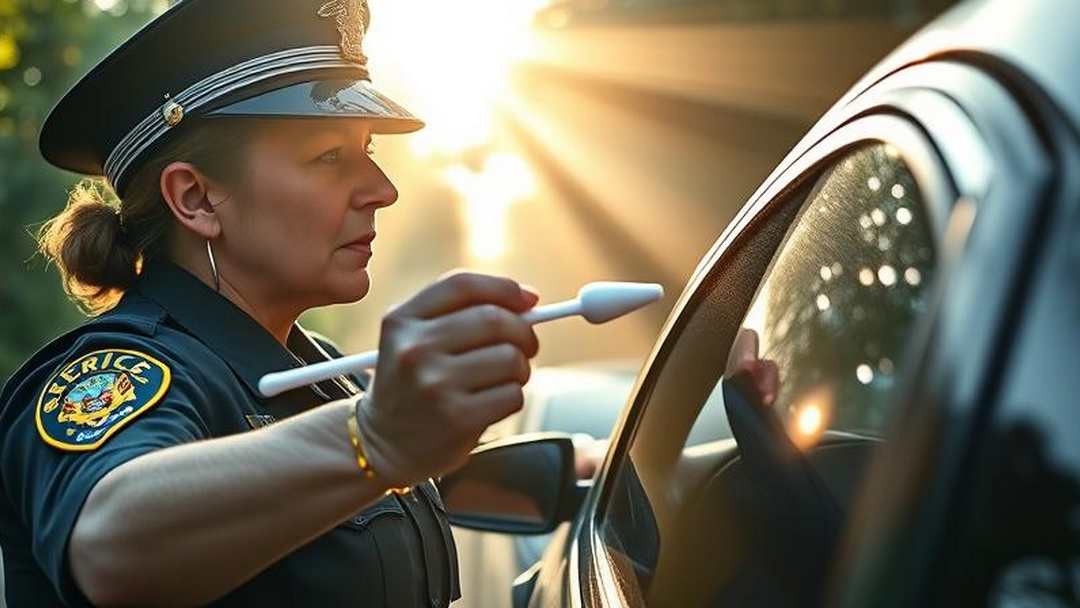
Michigan lawmakers want to revive “junk science” roadside drug testing
The Roadside Drug Test...AgainHouse bills 4390 and 4391The proposed House bills 4390 and 4391 would enable law...

Criminal Law FAQs – Theft Crimes
Michigan Criminal Laws FAQs Theft CrimesAccording to Michigan State Law (Michigan Compiled Laws - MCL), Theft Crimes...
More
Michigan lawmakers want to revive “junk science” roadside drug testing
The Roadside Drug Test...AgainHouse bills 4390 and 4391The proposed House bills 4390 and 4391 would enable law enforcement to administer tests aimed at assessing driver impairment; however, these testing devices do not provide information regarding the level of...
Criminal Law FAQs – Theft Crimes
Michigan Criminal Laws FAQs Theft CrimesAccording to Michigan State Law (Michigan Compiled Laws - MCL), Theft Crimes generally involve the unlawful taking of someone else's property with the intent to deprive them of it, either permanently or for a significant period....
Criminal Law FAQs – Domestic Violence
Michigan Criminal Laws FAQs Domestic ViolenceAccording to Michigan State Law, Domestic Violence is not a standalone criminal offense but rather a designation applied to certain crimes when the victim is a "spouse or former spouse, an individual with whom the person...
Criminal Law FAQs – Assault and Battery
Michigan Criminal Laws FAQs Assault and BatteryAccording to Michigan State Law, Assault and Battery are distinct but often related offenses. There isn't one single statute that explicitly defines both terms together. Instead, their definitions have evolved through...
Other Bodily Fluid House Hearing – HB-4391- Update 5-22-25
Michigan House HearingHB-4391 Saliva Test Update 5-22-25Watch the hearing or read the summary.Click here or image below to see videoFYI: Marijuana although voted to be legalized is still classified as a controlled substance in the State of Michigan and Federally. More...
Criminal Law FAQs – Marijuana Offenses
Michigan Criminal Laws FAQs Marijuana OffensesFAQ 1: Is recreational marijuana legal in Michigan? Answer: Yes, recreational marijuana is legal for adults 21 and over in Michigan. However, there are restrictions on possession, use in public places, and driving under...








